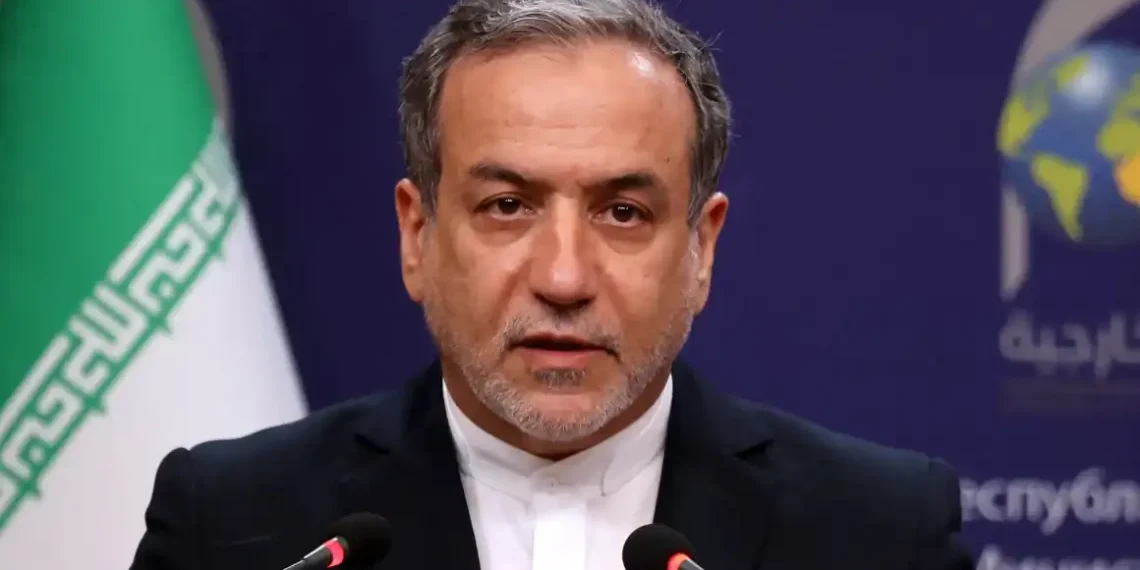Iran Doubts Nuclear Deal as Talks Resume with US in Rome Amid Growing Tensions
Iran and the United States began their fifth round of critical nuclear negotiations in Rome on Friday, but skepticism is running high in Tehran about the chances of a deal. Sources close to Iran tell CNN that with the US taking a harder stance, a breakthrough appears unlikely.
Key Roadblock: Uranium Enrichment
At the heart of the deadlock is the US demand that Iran completely dismantle its uranium enrichment program—a red line Tehran says would collapse any chance of agreement. Two Iranian insiders say Iran’s participation in the talks is mainly to assess Washington’s current position, not to push for a deal.
Iran’s Foreign Minister Abbas Araghchi made Tehran’s stance crystal clear before leaving for Rome:
“Zero nuclear weapons = we do have a deal. Zero enrichment = we do NOT have a deal.”
Enrichment of uranium can lead to nuclear weapons if taken to high levels, but Iran insists its nuclear program is peaceful. Tehran says it is open to international inspectors but will not give up its right to enrich uranium for energy.
Growing Distrust Over US Intentions
Sources say Iranian officials increasingly doubt Washington’s sincerity. They believe the US knows zero enrichment is unacceptable to Tehran but insists on it anyway—signaling that the US is using talks more as a pressure tactic than a genuine effort to reach an agreement.
Some Iranian policymakers once hoped for a “win-win” compromise, but now many see the talks heading towards a stalemate. Both sides don’t want to walk away from the table, but the US’s firm position makes progress seem unlikely.
Iran also suspects the US is closely following Israel’s hardline agenda. Israeli Prime Minister Benjamin Netanyahu has been adamant that Iran should not be allowed any uranium enrichment—a stance that Tehran believes is guiding the US approach.
US Increases Pressure with New Sanctions
Even as diplomacy continues, Washington is tightening the screws on Iran. Just days before the talks, the US imposed fresh sanctions targeting Iran’s construction sector, accusing it of links to the Islamic Revolutionary Guard Corps and its nuclear and missile programs.
Iran’s foreign ministry denounced the sanctions as “unlawful and inhuman,” arguing they reveal US unwillingness to negotiate seriously and only strengthen Iranian resolve against American pressure.
Experts Warn of Missteps
Analysts warn Washington is misreading Iran’s mindset. Ali Vaez, Iran expert at the International Crisis Group, explains that a weakened Iran is less likely to concede—fearing that backing down under pressure could threaten the regime’s survival.
Meanwhile, reports indicate Israel is preparing for possible strikes on Iran’s nuclear sites, raising fears of military escalation. US Ambassador to Israel Mike Huckabee acknowledged that Washington is aware of these preparations and may support Israel’s right to defend itself if necessary.
What’s Next?
Experts say an Israeli attack would likely end negotiations and could push Iran to abandon nuclear treaties altogether. The US insistence on zero enrichment may be driving Iran toward a tougher stance, with Tehran ready to retaliate if threatened.
In this tense environment, analysts emphasize that quiet, behind-the-scenes diplomacy offers the best chance to revive talks and avoid conflict. But for now, with both sides standing firm, a deal remains elusive.
This article was rewritten by JournosNews.com based on verified reporting from trusted sources. The content has been independently reviewed, fact-checked, and edited for accuracy, neutrality, tone, and global readability in accordance with Google News and AdSense standards.
All opinions, quotes, or statements from contributors, experts, or sourced organizations do not necessarily reflect the views of JournosNews.com. JournosNews.com maintains full editorial independence from any external funders, sponsors, or organizations.
Stay informed with JournosNews.com — your trusted source for verified global reporting and in-depth analysis. Follow us on Google News, BlueSky, and X for real-time updates.













